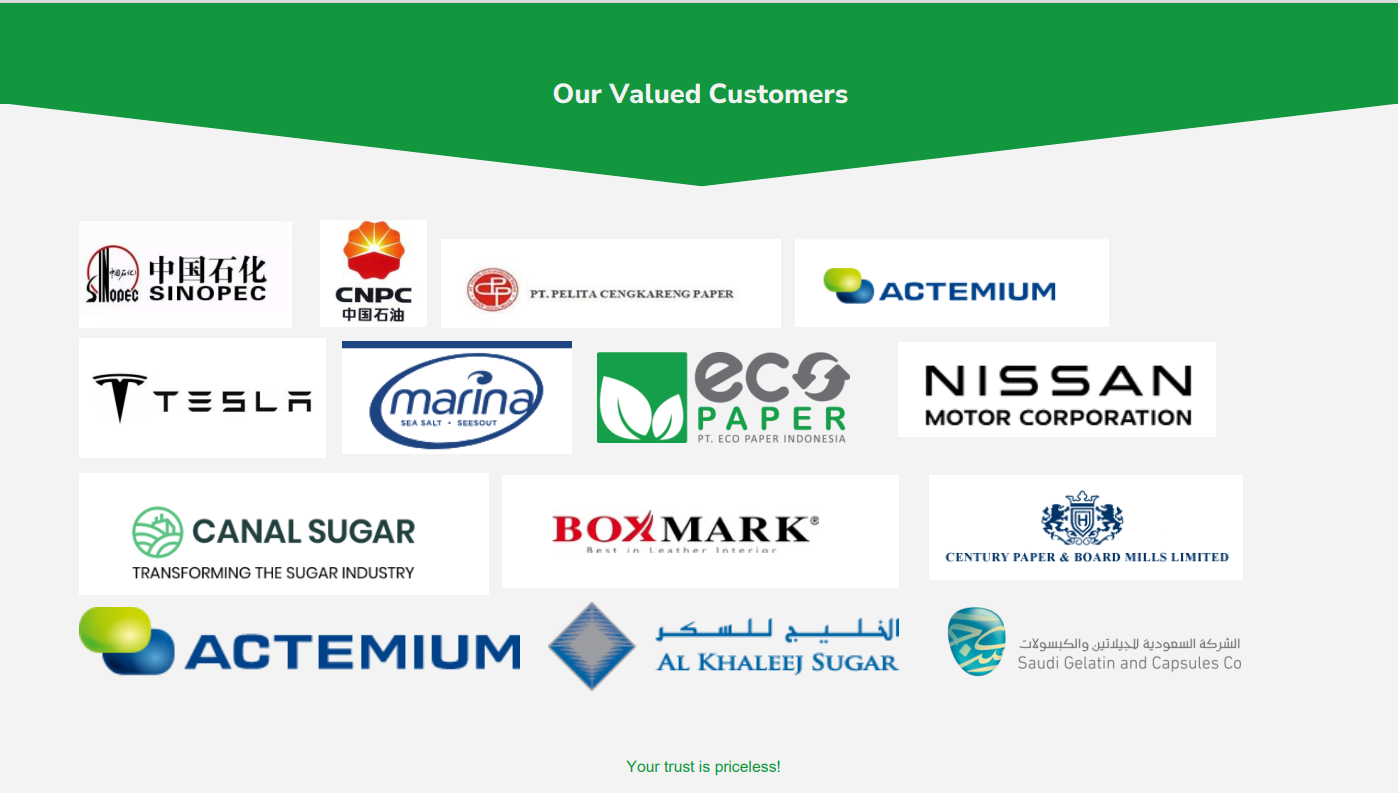What is Carbon Filter?
A carbon filter is a type of filter that uses activated carbon to remove contaminants and impurities from air or water. The activated carbon is highly porous and has a large surface area, making it very effective at adsorbing (binding) chemicals and pollutants. Here’s a detailed explanation of carbon filters:

Types of Carbon Filters
- Granular Activated Carbon (GAC) Filters: These use loose granules of activated carbon and are commonly used in water filtration systems.
- Carbon Block Filters: These are made from finely powdered activated carbon that is compressed into a solid block. They have a larger surface area for adsorption compared to GAC filters.
- Impregnated Carbon Filters: These contain activated carbon that has been treated with additional chemicals to enhance its ability to adsorb specific contaminants, such as volatile organic compounds (VOCs).
Applications
- Water Purification: Carbon filters are used in household water filters, commercial water treatment plants, and portable water filtration systems to remove chlorine, sediment, volatile organic compounds (VOCs), taste, and odor.
- Air Purification: Used in HVAC systems, air purifiers, and gas masks to remove pollutants like smoke, odors, and chemical vapors.
- Industrial Processes: Utilized in various industries to purify gases and liquids, including in the food and beverage industry, pharmaceuticals, and chemical manufacturing.
Advantages
- Effective Contaminant Removal: Capable of removing a wide range of contaminants including chlorine, pesticides, heavy metals, and VOCs.
- Improves Taste and Odor: Particularly beneficial for improving the taste and smell of drinking water by removing chlorine and organic compounds.
- Versatile Applications: Can be used in both air and water filtration systems.
Limitations
- Limited Lifespan: Over time, the activated carbon becomes saturated with contaminants and loses its effectiveness, requiring replacement.
- Not Effective Against All Contaminants: Carbon filters cannot remove all types of contaminants, such as certain heavy metals, microbial pathogens, and nitrates.
- Flow Rate Impact: The filtration process can reduce the flow rate of water or air through the filter.
Conclusion
Carbon filters are an essential component in many filtration systems due to their ability to remove a wide variety of contaminants and improve the quality of air and water. Understanding their operation, applications, and limitations can help in selecting the right type of carbon filter for specific needs.
Any requirements, contact us now!
Grace
Email:grace@filtrationchina.com
Mobile/Whatsapp/WeChat:+86 17269571160


